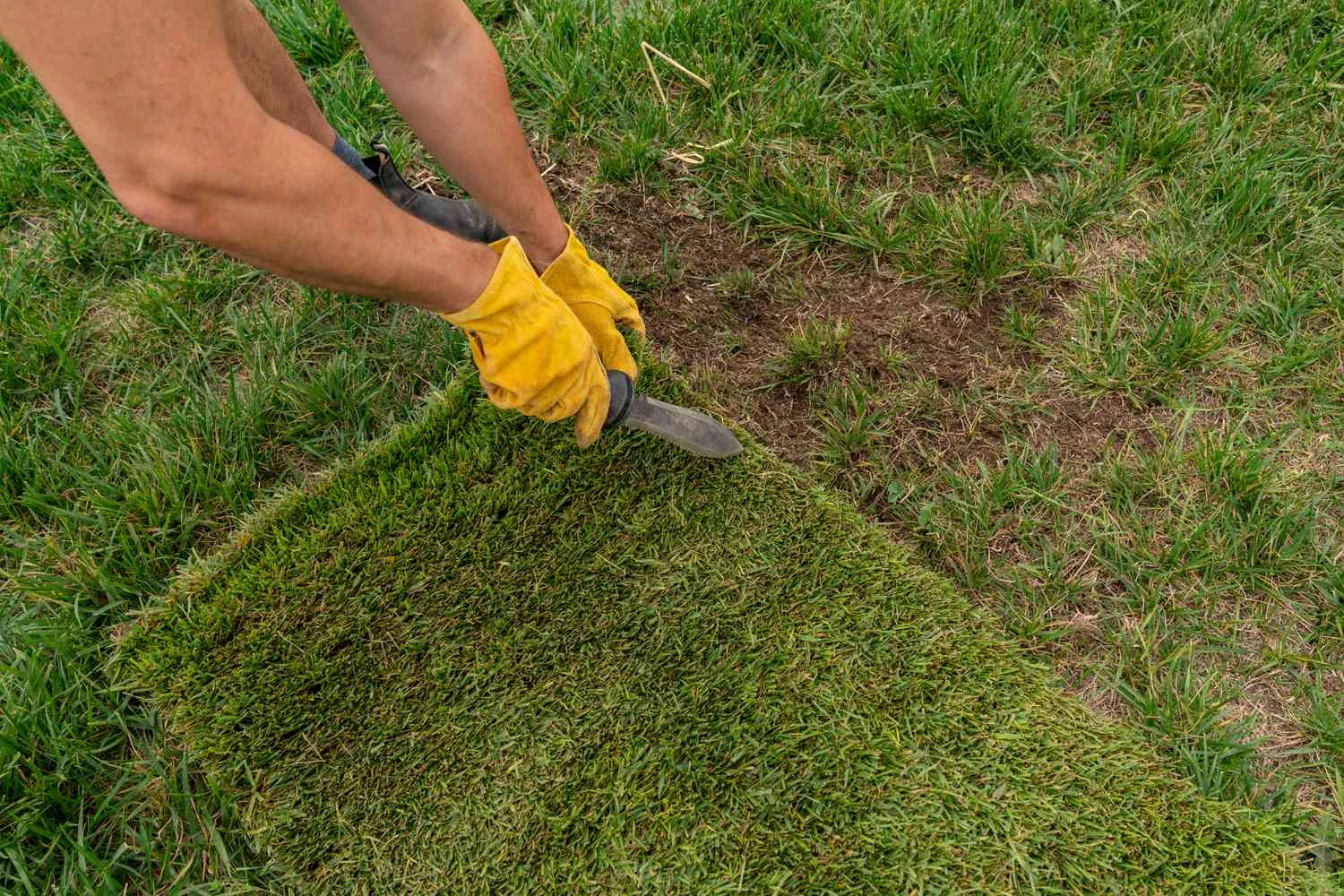Lawn Care Services
What is involved in the process of lawn care?
The process of lawn care typically begins with an assessment of your lawn’s condition, including soil quality, grass health, and any existing issues such as weeds or pests. Based on this assessment, a lawn care professional will develop a customized care plan that may include services like mowing, fertilizing, aeration, and weed control. Mowing is done regularly to maintain the ideal grass height, while fertilization is scheduled according to the season to provide the necessary nutrients for healthy growth.
Aeration, which involves perforating the soil to allow air, water, and nutrients to penetrate the grass roots, is usually done annually to promote stronger root systems. Weed and pest control treatments are applied as needed to protect the lawn from damage. Throughout the growing season, the lawn care provider monitors the lawn’s progress and makes adjustments to the care plan as necessary, ensuring that your lawn remains healthy and well-maintained.
What long-term benefits can you expect from professional lawn care services
Professional lawn care services offer long-term benefits, including a healthier, more resilient lawn, improved curb appeal, and increased property value. Regular care prevents issues like weeds, pests, and diseases from taking hold, ensuring that your lawn stays green and lush. A well-maintained lawn also enhances the overall appearance of your property, making it more inviting and potentially increasing its market value. Additionally, professional lawn care reduces the time and effort you need to spend on maintenance, allowing you to enjoy a beautiful lawn without the hassle. By investing in regular lawn care, you ensure that your outdoor space remains a source of pride and enjoyment.
FAQs
How often should I have my lawn mowed?
The frequency of mowing depends on the type of grass, the growing season, and the desired lawn height. Generally, mowing every one to two weeks during the growing season is recommended to maintain a healthy lawn.
What is the best time of year to fertilize my lawn?
The best time to fertilize your lawn depends on your grass type and climate. For cool-season grasses, early spring and fall are ideal, while warm-season grasses benefit from fertilization in late spring and early summer. A lawn care professional can recommend the best schedule for your lawn.
How can I prevent weeds from taking over my lawn?
Preventing weeds involves regular mowing, proper fertilization, and applying pre-emergent herbicides in the spring. Maintaining a thick, healthy lawn through proper care also helps crowd out weeds and reduces their ability to take root.
Is aeration necessary for my lawn?
Aeration is beneficial for most lawns, especially if the soil is compacted or if your lawn has heavy foot traffic. Aeration improves soil structure, allowing water, air, and nutrients to reach the roots more effectively, promoting healthy growth.
Can professional lawn care help with pest control?
Yes, professional lawn care can include pest control services to protect your lawn from harmful insects like grubs, chinch bugs, and armyworms. These services may involve applying targeted treatments that eliminate pests without harming beneficial insects or the environment.







